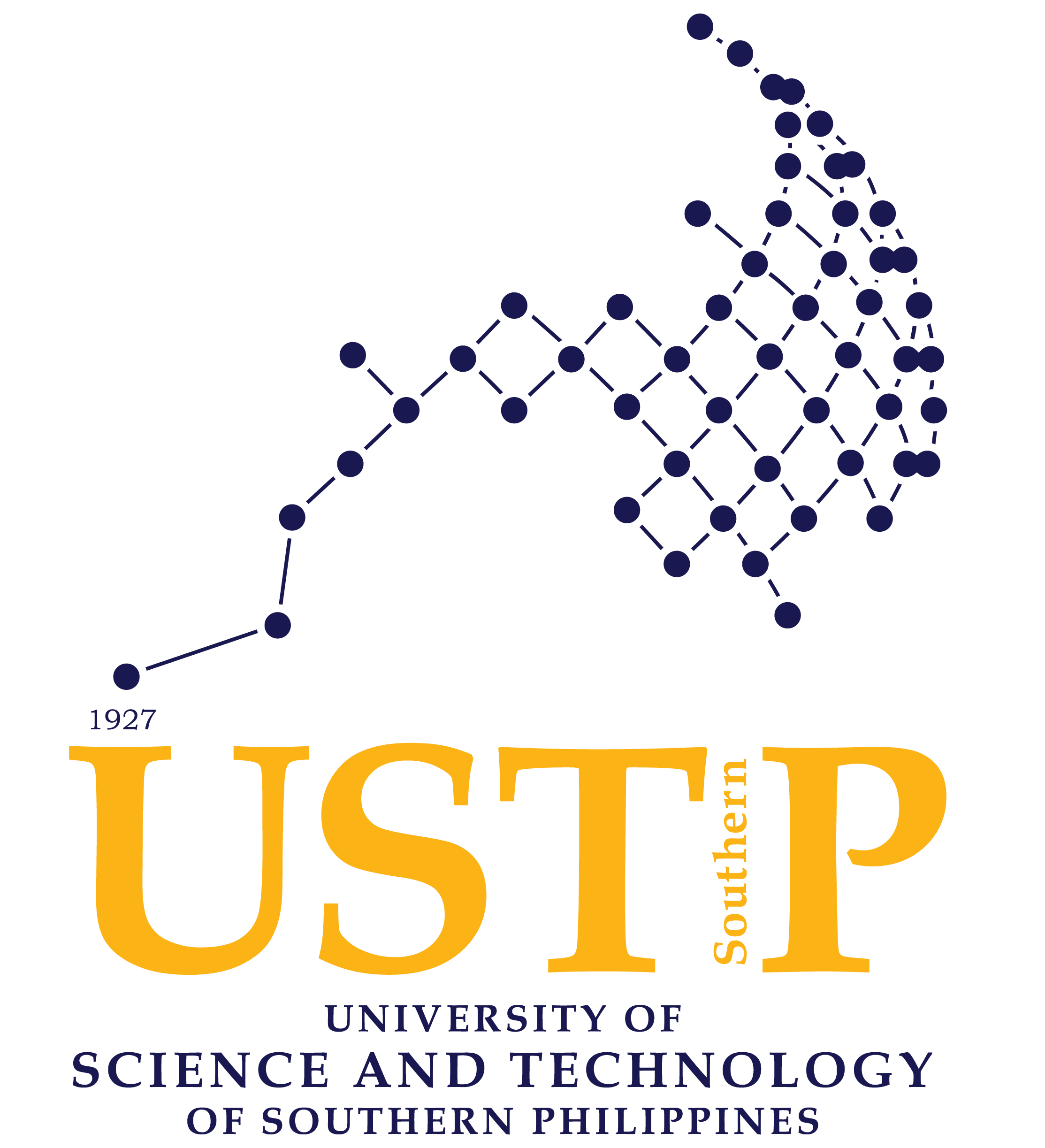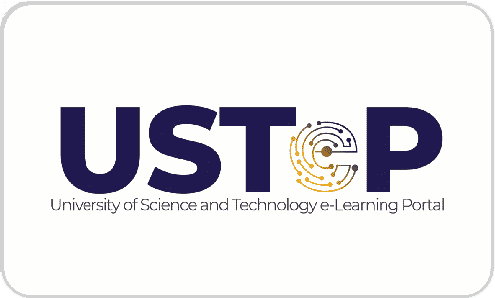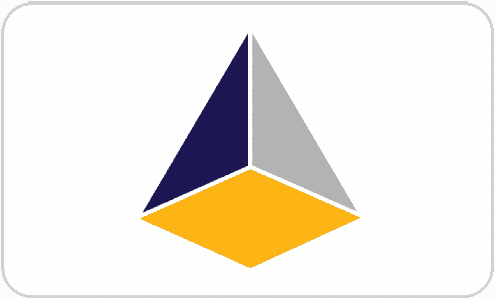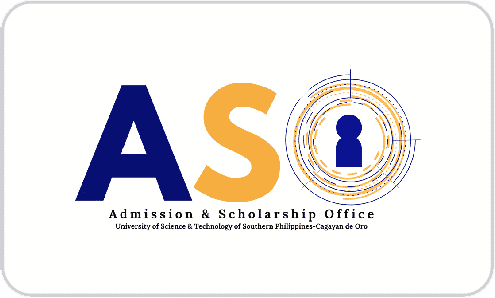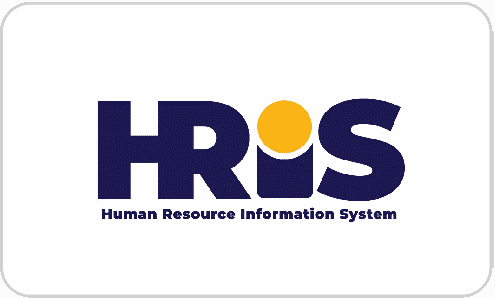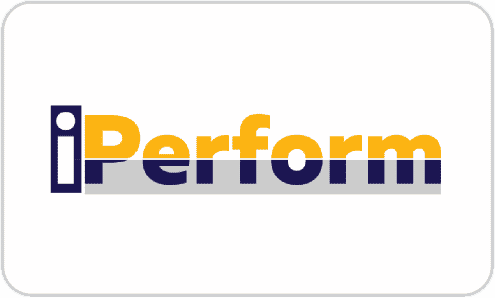ABOUT THE PROGRAM
The Bachelor of Science in Computer Science program is designed to provide an extensive foundation of the theoretical and applied aspects of computing which include the study and implementation of algorithms, software design and development principles and applications, and new and emerging technologies. The students are given rigorous activities to prepare them to design and create algorithmically complex software and to equip them to develop new and effective solutions for solving computing problems. The program includes the study of standards and practices in software engineering. It aims to prepare students to acquire skills and disciplines required for designing, writing, and modifying software components, modules, and applications that comprise software solutions to address the need for competent computing professionals needed by business, industry, government, and the academic community in the age of Industry 4.0. Courses will be integrated on current trends in the area of artificial intelligence robotics, computer vision, and machine learning.
PROGRAM OUTCOMES
a. Apply knowledge of computing concepts, theories, and principles from specialized fields and allied disciplines in the abstraction, conceptualization of computing solutions.
b. Identify, analyze, evaluate, synthesize, formulate, and articulate research literature, and solve complex computing problems and requirements and derive substantiated conclusions using fundamental principles of mathematics, computing sciences, and relevant domain principles.
c. Evaluate requirements of simple to complex computing problems and apply the mathematical foundations, algorithmic principles, computing theories in modeling, designing, and developing solutions and systems.
d. Understand the impact of computing solution designs with consideration for public health and safety, cultural, environmental, and societal aspects.
e. Demonstrate knowledge and comprehension of computing theories, principles, information security issues, and implications in weighing the tradeoffs involved in design, development, and utilization of computing solutions and information systems.
f. Identify and evaluate both legacy and current tools, techniques, algorithms, and technologies as well as their limitations and determine the most appropriate to use to accomplish a goal or solve a problem.
g. Work professionally, harmoniously, and effectively in multidisciplinary and multicultural teams to accomplish a common goal while being able to exhibit independence and reliability in assigned tasks.
h. Communicate and explain technology and computing solutions, oral and written, to various stakeholders from different cultures and societies in an effective and respectful manner.
i. Distinguish the legal, social, ethical, and professional issues involved in the utilization of computing technology including their implications and be guided in adopting, creating, using, and sharing computing solutions.
j. Recognize the need for continuous professional and personal development and have the ability to engage in independent learning, be open to new ideas, trends, and innovation, and seek further knowledge.
CAREER OPPORTUNITIES
- Data scientist
- Software tester
- Web developer
- Systems analyst
- Business analyst
- Product manager
- Network architect
- Software engineer
- Software developer
- Full-stack developer
- Engineering manager
- User interface designer
- Database administrator
- Cloud computing engineer
- Information security analyst
- Computer science professor
- Chief information security officer
- Software quality assurance manager
- Information technology specialist
- Mobile application designer or developer
- Research and development (R&D) scientist
- Computer scientist or computer science researcher
- Artificial intelligence and machine learning engineer
